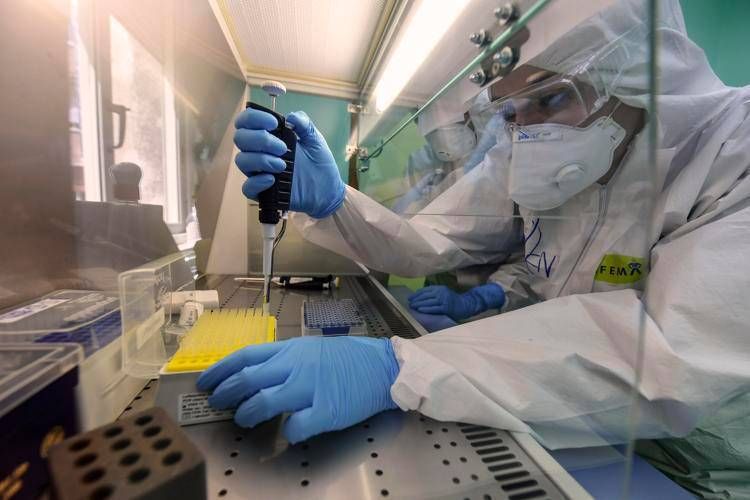Innovative ‘Spray’ for Early Lung Cancer Detection Being Developed by MIT Researchers
A team of researchers from MIT (Massachusetts Institute of Technology) is working on a groundbreaking strategy to detect lung cancer at an early stage. They are developing inhalable nanosensors that could be delivered via an inhaler or nebulizer. These smart particles are designed to produce a signal that accumulates in the urine when they encounter tumor-related proteins. This signal can then be easily detected with a simple test, such as those performed with a test paper strip.
The innovative approach, based on a new technology developed at MIT, has the potential to replace or integrate the current gold standard for lung cancer diagnosis, low-dose computed tomography (CT). The experts suggest that their mission is to make diagnosis as easy as using a spray. This development could have a particularly significant impact in low- and middle-income countries that do not have widespread availability of CT machines.
Sangeeta Bhatia, senior author of the study, stated that, “Across the world, cancer will become increasingly prevalent in low- and middle-income countries. The epidemiology of lung cancer is linked to pollution and smoking, so we know these are environments where accessibility to this type of technology could have a big impact.”
The nanosensors, which are made up of polymeric nanoparticles coated with a DNA ‘barcode’, are designed to be inhaled, making them easier to implement in lower-resource settings. Once the particles reach the lungs, they encounter overactive proteases in tumors, leading to the accumulation of barcodes in the urine and subsequent elimination from the body.
The researchers tested their diagnostic system on mice and found that it could accurately detect early-stage lung cancers. They now plan to analyze human biopsy samples to further evaluate the efficacy of the sensors and hope to run clinical trials on patients in the long term.
The development of this inhalable spray for early lung cancer detection could revolutionize cancer diagnosis and potentially save lives.
